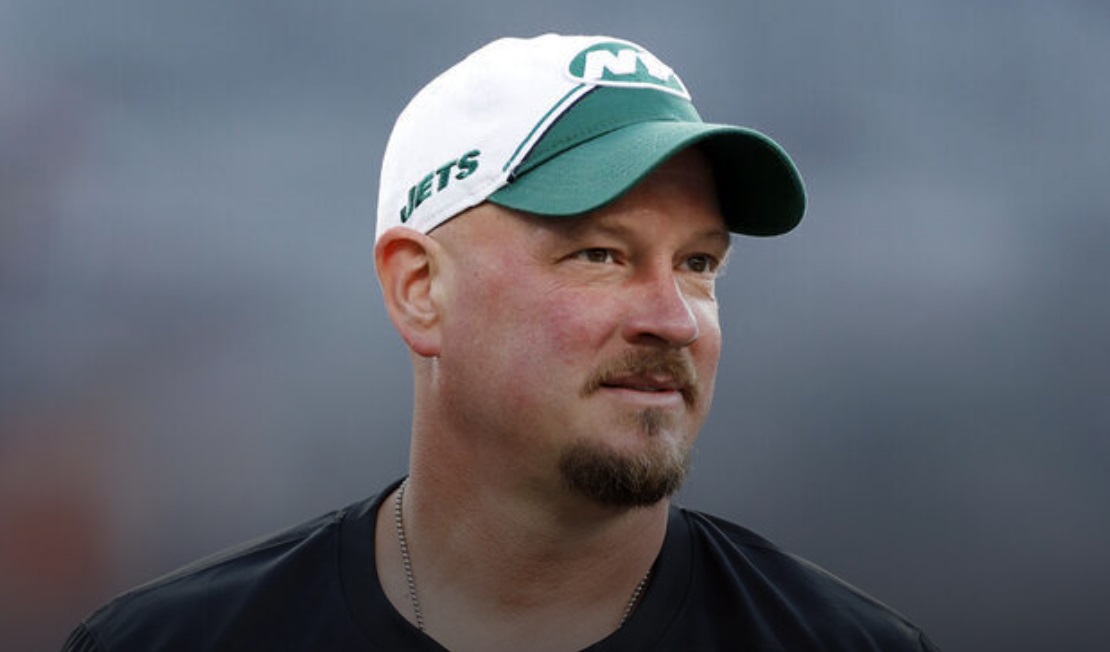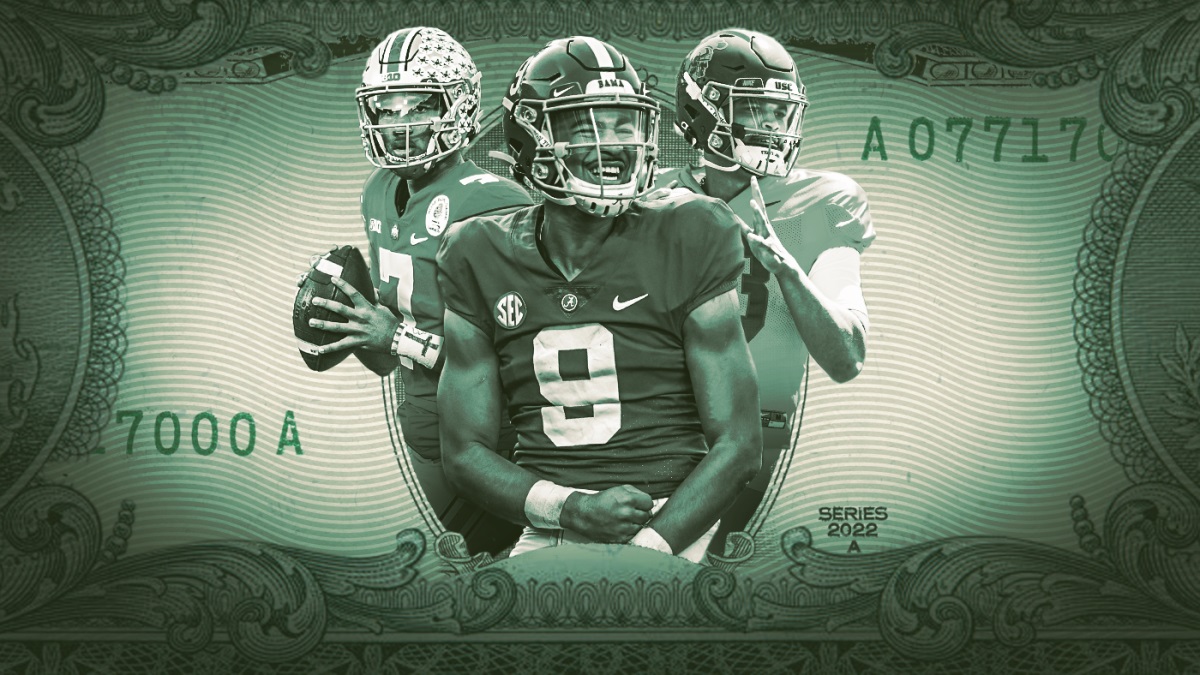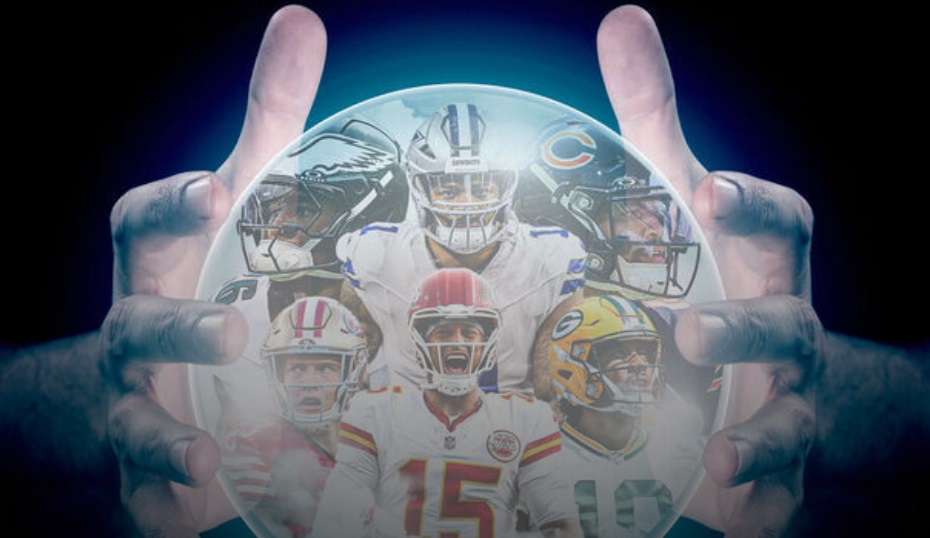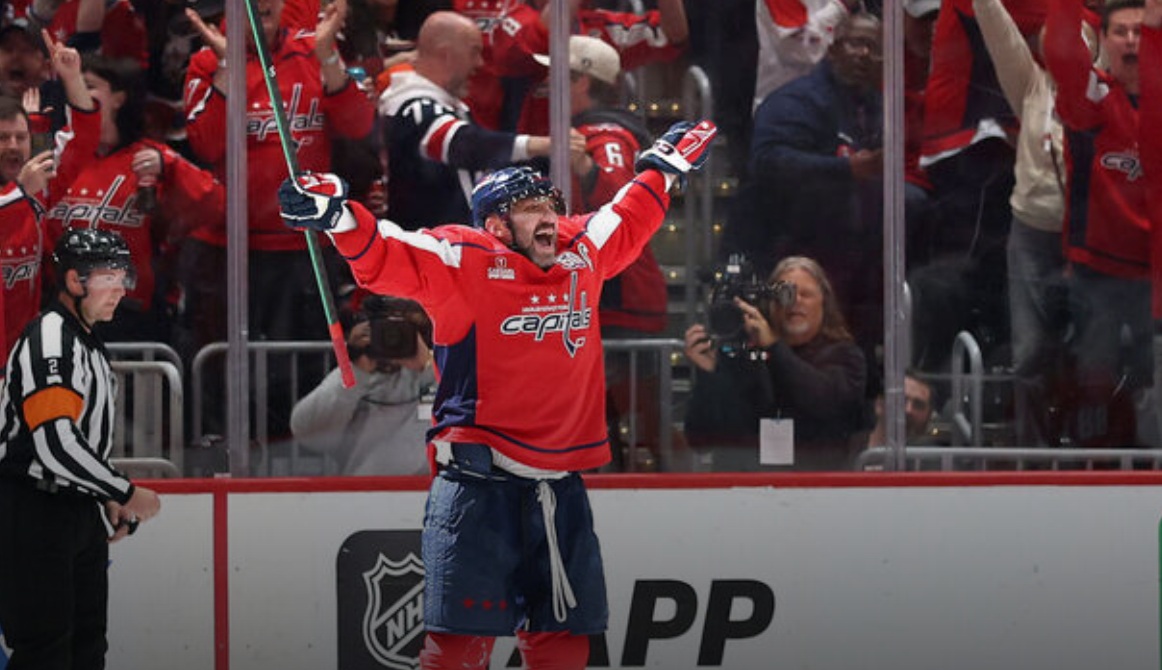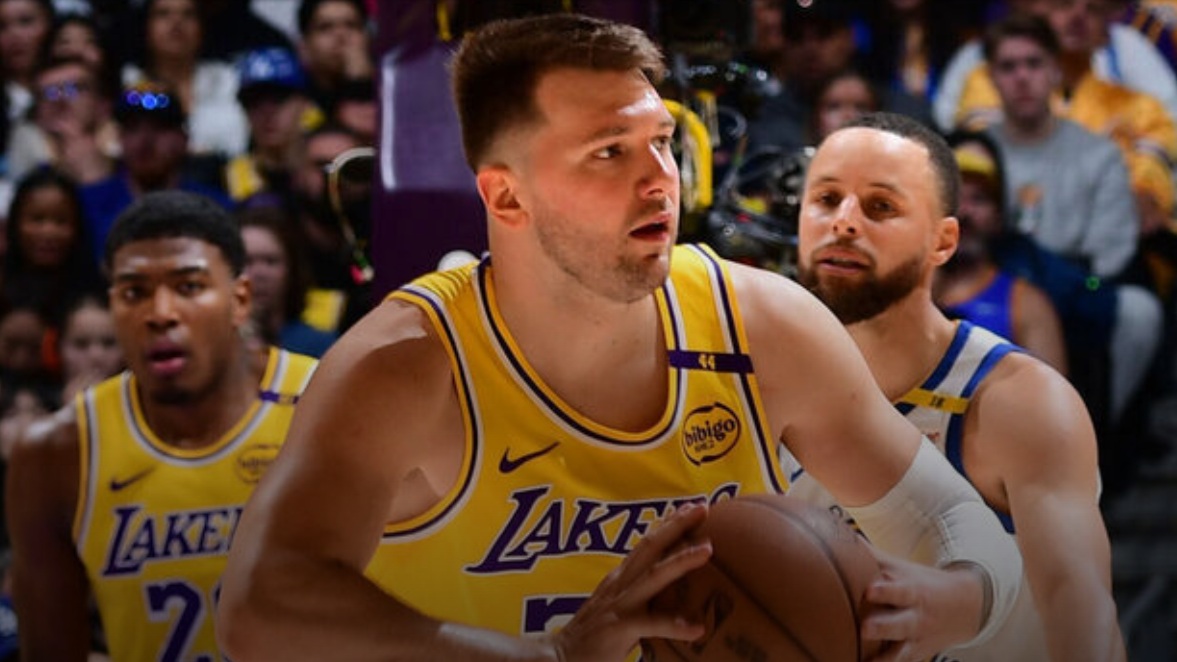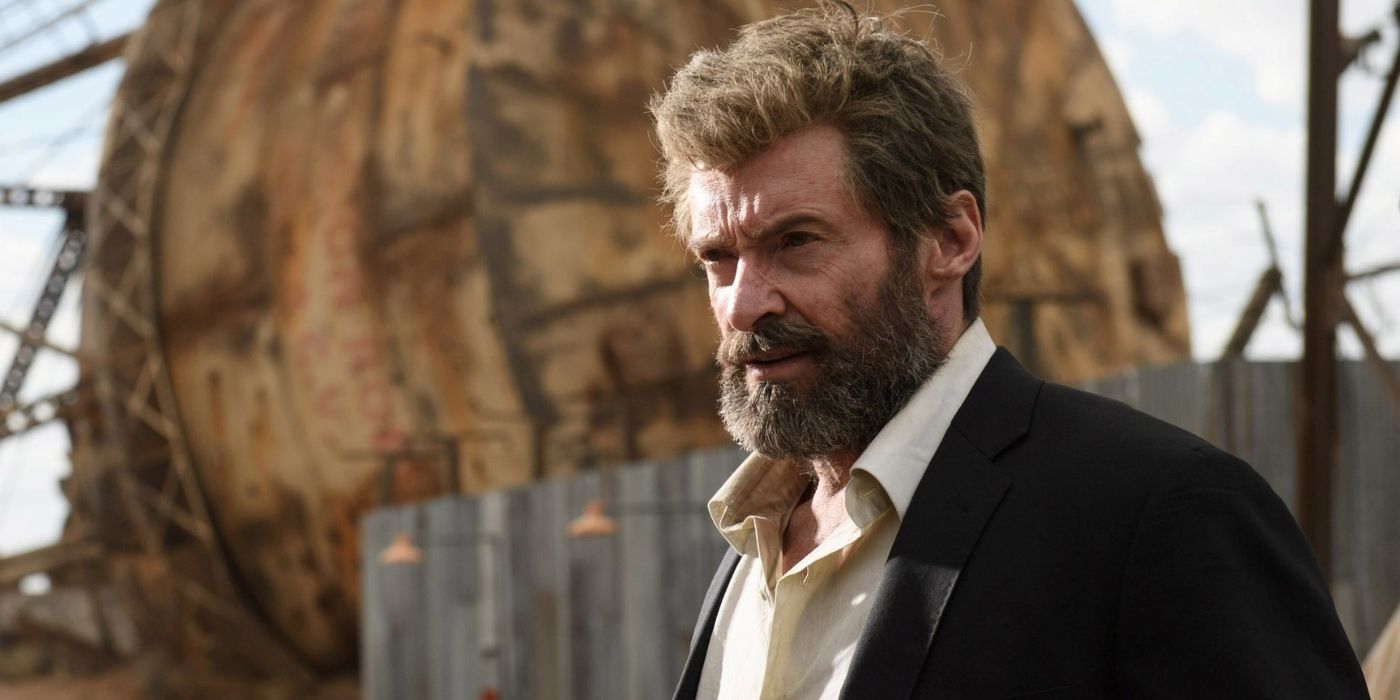Sports is not only about skills, stamina, and physical abilities. However, the factors connected with the mental condition of the athletes are usually neglected by the coaches and athletes themselves. Modern studies on sports show that the right physiological support and mental training are able to improve the performance of a competitor up to ten times. Today we are going to discuss what is actually sport psychology, what the job of a sports psychologist consists of, and if it is possible to train the mental skills on your own.
What Is Sports Psychology?
This is a special division dedicated to various mental factors that make an impact on the total performance of an athlete, their progress, and everything related to the psychological condition of an amateur or professional athlete. A sport psychologist helps athletes in various aspects from exercising problems to the tension and pressure caused by being in the atmosphere of constant competition.
What are the main questions related to sports psychology?
- Sports career guidance for schoolers;
- Scientific research on the development of the necessary mental skills that can improve performance in different means of sports;
- Diagnosis of personal treats of an athlete and creation of an individual plan for mental training and sports strategies of the drill;
- Creating individual plans for developing talent and skills;
- Determining if an athlete is mentally ready for the pieces of training, games, and competitions;
- Psychological rehabilitation after major losses or retirement from professional sports;
- Help in developing mental skills and ways to release stress and anxiety;
- Studies on the fears and pressure connected with sports and competitions;
- Team building for athletes.
Why is it important for a professional athlete to work with a sports psychologist?
The athletic environment can not be called a friendly one and literally, every professional athlete suffers from severe pressure created by the fear of the opponents, being always in the sight of the media landscape, and the need of striving for the top results. This all can not stay unacknowledged by the psychic setup even if a person is not aware of it for a long time. However, this can severely affect athletic performance. What are the major problems that have to be solved by a sports psychologist?
Anxiety and mental pressure
It is a mistake to think that professional athletes do not suffer from stress before the important matches. They do have a kind of habituation to this, but a certain level of stress still mounts up especially when it comes to major events like Olympic games or other international championships. After a certain period of being in constant stress, a person can lead themselves to a mental breakdown or depression which will not only affect the overall performance but also the other aspects of life.
How to solve these issues with the help of sports psychology?
Sports psychology professionals usually come to help before the important game to release the stress and anxiety feelings for a short time. This includes different practices for instant relaxation and getting more self-confidence. Usually, this field of action is quite familiar for athletes as it is very similar to their daily working routine. Cognitive-behavioral therapy is applied as a long-term treatment. This therapy has two key vectors: at first, people have to determine the reasons for their negative feelings and balance them with their behavioral patterns. The next step is developing healthy patterns of thinking.
Relaxation practice
In addition, a course has to include special training dedicated to recreation and relaxation. It seems to be quite obvious and the fact that a person has to learn how to have a rest might sound weird. However, it is proven that many performing athletes (and not only athletes; this problem can also arise at different professions) can not make themself to be distracted from their primary role as players or coaches. Some of them supposed on some subconscious level that they must achieve more and then have to focus on practice and develop their skills in every spare minute they have. With sports psychologist, they learn how to shift the focus from the never-ending rush.
What can be the consequence of constant stress in terms of performance
Many athletes and coaches who deal with serious teams and players do not pay attention to mental skills gathering the focus on the corporal practice. What can it lead to? In the best case, it might be a significant change in the overall game score or any other records in athletics. However, a stressed mind will always build some kind of psychological defense sooner or later. Such a defense might be revealed in a form of burnout which can finally result in an unwillingness to go ahead with any sporting career.
Post-trauma treatment
Unfortunately, professional sport is tightly connected with traumas and while some of them force athletes to stay in a reserve for a certain period of time, the others end their careers as active players. This is a very important field of working for a sport psychologist. No matter how severe an injury is, it is not only about physical health for an athlete. It is always a pause, stress, and reality evaluation. It is great luck if athletes train under reasonable coaching expertise and a coach can help to restore the confidence after an injury. However, it is not so easy especially if an injury became a reason for the career finish, so psychologists develop a certain approach to such athletes to help them pass five steps of acceptance and even find benefits in the current position.
Interpersonal Relationship
The role of a sports psychologist in a team game is also very high. No matter what winning strategies are offered by a coach, team members will not cope with any challenge if they can not communicate with each other or have strained relations. Helping athletes to find a common ground is the main issue for sports psychologists so different team building on sport or any other related topics within overall mental coaching will definitely improve performance. There might be a lack of understanding between an athlete and a coach which often leads to performance fails and even physical injuries.
The most popular practices for athletes
We already understand the importance of sport psychology in the sporting life of every professional in the sport so let’s review some very basic exercises that are offered by sports psychologists. The first one is called the attentional focus, and this is a practice that is aimed at mind relaxation to distract from the whole environment surrounding the game. If you read the news at Sportsbetting.com you will see how much are the athletes are discussed in terms of their game and personality so it is essential to leave out all the things connected with the audience, fans, weather conditions, and concentrate on the body and own feelings. For this, it is recommended to use deep breathing practice, concentration on the natural feelings in the body which came from yoga doctrines. Another practice is visualization when athletes are offered to imagine their performance up to every little detail very clearly.
Sport Psychology for non-professional athletes
While it is essential to help athletes their pre and post-performance anxiety, sports psychology is also a tool for average people who need to develop a skill in terms of athletics that will be enough for doing a certain exercise amount to maintain a healthy lifestyle. For many people, PE lessons at school were connected with a rather traumatic experience, especially if they could not perform as well as the other students. To cope with the fear of sports, psychologists try to find the strong sides of such patients and gradually engage them in sport.
You can view the original article HERE.














